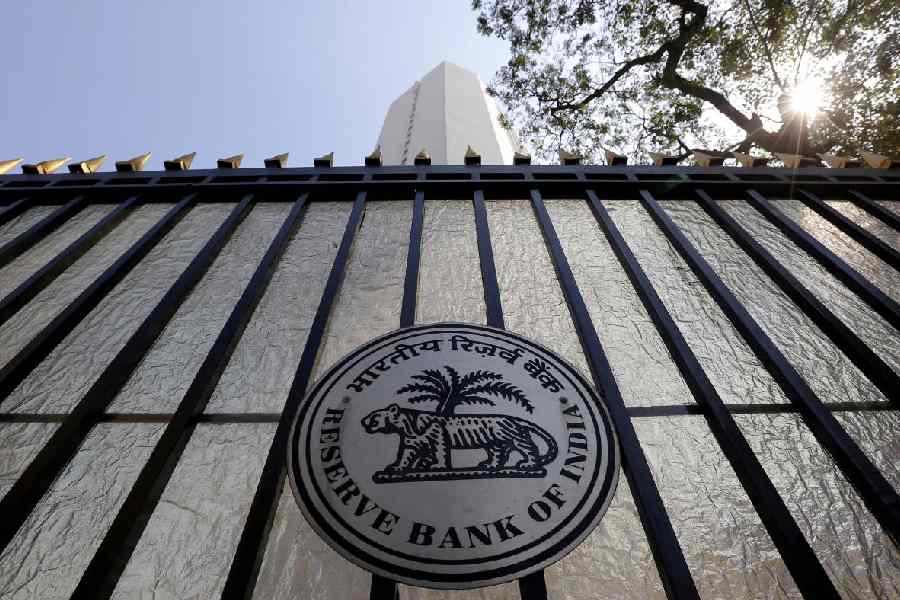 |
| Dina Nath Batra |
New Delhi, June 1: A Sangh affiliate who had forced a publisher to withdraw a book on Hinduism now plans to urge the Prime Minister to include teachings from the Vedas, Upanishads and other elements from ancient India in school textbooks.
Dina Nath Batra, an RSS member, claims children were studying more about world history than the “ancient glory” of the country.
He also called for a “complete revision” of textbooks at a time the National Council of Educational Research and Training has started the process of revising school curricula based on what he says is “their ideology” — a 2005 framework prepared by the then UPA I government.
Batra has already written to Narendra Modi, asking him to restrain the national body from pressing ahead with the ongoing exercise.
Earlier this year, Batra had petitioned a lower court against Wendy Doniger’s The Hindu: An Alternative History, saying it sought to distort Hinduism, and made the publisher, Penguin, withdraw copies of the book.
Batra, president of the Shiksha Sanskriti Utthan Nyas, an NGO that deals with matters related to education, said the NCERT exercise, started before the new NDA government had assumed charge, suffered from “ideological bias”.
An NCERT official confirmed that the council had indeed set up 15 committees to examine the curricula and textbooks and suggest if any changes were required but added that it was a routine exercise.
Batra asserted that it was imperative that school textbooks reflect the glories of ancient India. “The NCERT is doing some cosmetic changes. The books need complete revision,” he told The Telegraph.
He said existing textbooks had negligible content on value-based education while the history books taught now didn’t have much on Indian history, particularly ancient India. Children don’t read about the mathematician Aryabhata, health scientist Sushruta and the philosopher Kanada, Batra said.
“The books don’t have material on works like the Mahabharat, Ramayan, Vedas and the Upanishads. Children are studying more about world history than the ancient glory of the country.”
Historian Nayanjot Lahiri said the NCERT textbooks had been prepared by scholars and had enough material on ancient India. “The NCERT books represent the collective wisdom of teachers and subject experts. The nature of revision should not be decided on the basis of demands of certain individuals.”
History books, she added, should not be confused with moral science books.
The last time the curriculum was revised was in 2005-06, when the Congress-led UPA I was in power. Then human resource development (HRD) minister Arjun Singh had taken the initiative to revise the textbooks.
The NCERT had then set up an expert group to prepare the National Curriculum Framework (NCF), a document to guide the revision. Nearly 10 years have passed since without any texts being revised.
Batra said the ongoing process of revision was being guided by “their ideology”, indirectly referring to the earlier government, and added that the NCERT had started the exercise without the new BJP-led government asking it to do so.
“The NCERT has violated the laid-down procedure. They did it on their own. I have appealed to the Prime Minister to restrain the NCERT from going ahead with the revision.”
Batra, who has also written to HRD minister Smriti Irani, said he had requested the ministry to set up an expert panel to advise the government on matters involving education.
Former NCERT director Krishna Kumar refused to comment on the controversy. All he said was let the government decide.










